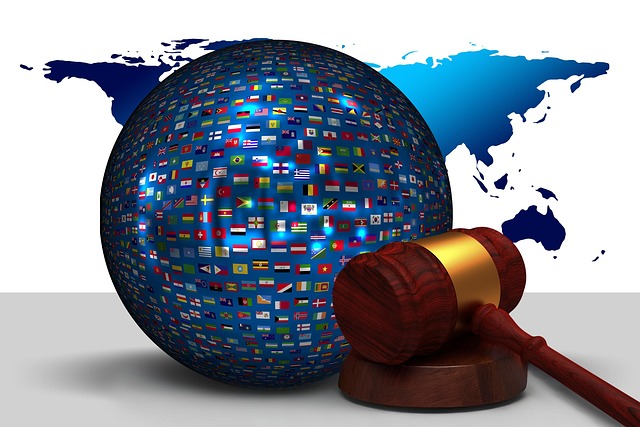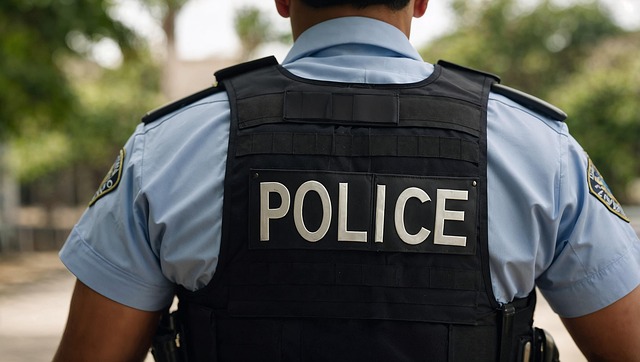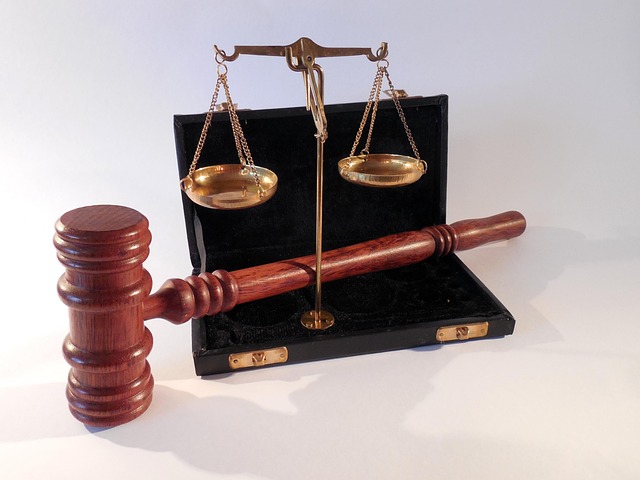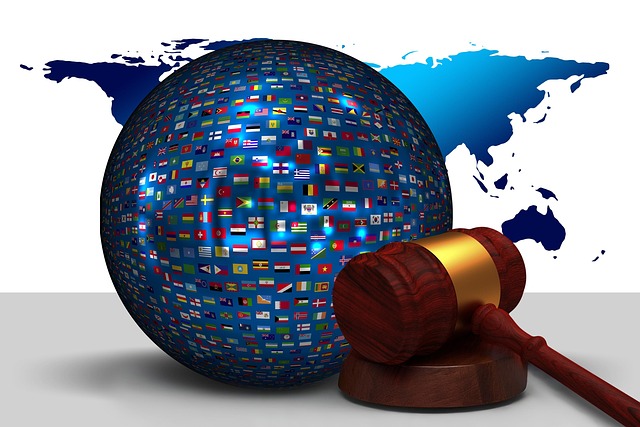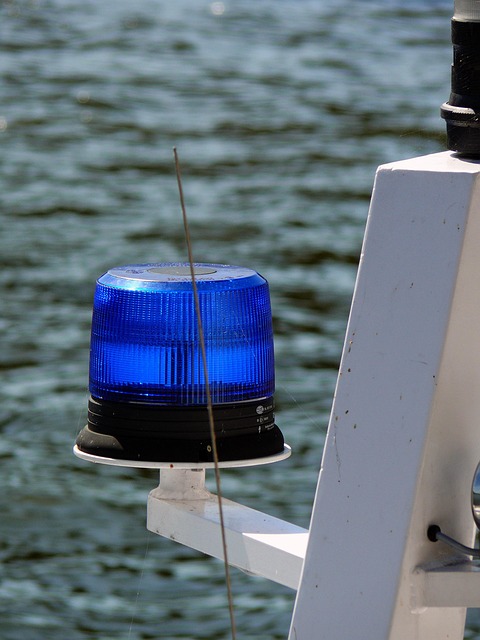Public corruption charges, from bribery to fraud, carry severe legal repercussions, including fines, imprisonment, and reputation damage. Accused individuals need specialized Lawyer for Intellectual Property Disputes with expertise in navigating complex cases and advocating rights during investigations, enforcements, and trials. These professionals uncover crucial facts, present them effectively in jury trials, and aim to secure dismissal while upholding justice. Preventive measures, including legal reforms, transparency, and international cooperation, are vital in combating public corruption globally.
Public corruption charges pose significant legal and societal challenges, eroding public trust and undermining democratic institutions. Understanding these charges, their defining characteristics, and the associated legal implications is crucial. This article delves into various facets of public corruption, including common offense types and the pivotal role a lawyer for intellectual property disputes can play in navigating complex cases. We explore evidence strategies, preventive measures, and international efforts aimed at combating this global issue.
- Understanding Public Corruption Charges: Definition and Legal Implications
- Common Types of Public Corruption Offenses
- The Role of a Lawyer in Navigating Intellectual Property Disputes Related to Corruption
- Evidence and Prosecution Strategies in Public Corruption Cases
- Preventive Measures and International Efforts Against Public Corruption
Understanding Public Corruption Charges: Definition and Legal Implications

Public Corruption Charges refer to illicit actions by public officials or those in positions of power, involving abuse of their authority for personal gain. This can include bribery, fraud, and misuse of public funds. Understanding these charges is paramount, as they carry significant legal implications. When faced with such allegations, individuals often require the expertise of a seasoned lawyer for intellectual property disputes who specializes in complex cases.
The consequences of conviction can be severe, ranging from monetary fines to imprisonment and permanent damage to one’s reputation. In high-stakes cases, an unprecedented track record of successful defense strategies becomes crucial. Skilled legal counsel can navigate the intricate web of laws and regulations, aiming for complete dismissal of all charges or significantly mitigating the outcomes. This is especially important given the increasing scrutiny in public affairs, ensuring that individuals are afforded fair treatment within the legal system.
Common Types of Public Corruption Offenses

Public corruption offenses encompass a wide range of illicit activities that undermine democratic principles and trust in governance. Some common types include bribery, where public officials accept gifts or money in exchange for favorable decisions, and embezzlement, involving the misappropriation of public funds for personal gain. Another prevalent form is fraud, which can take various shapes, such as bid-rigging, where contracts are manipulated to benefit specific parties, or the false reporting of expenses.
When facing public corruption charges, individuals often require legal representation that understands the intricate nature of these cases. A lawyer for intellectual property disputes may not be the first choice, but they possess valuable skills in navigating complex legal landscapes and advocating for their clients’ rights. Throughout all stages of the investigative and enforcement process, up to and including jury trials, a seasoned attorney can fight for a complete dismissal of all charges, ensuring that justice is served without compromise.
The Role of a Lawyer in Navigating Intellectual Property Disputes Related to Corruption
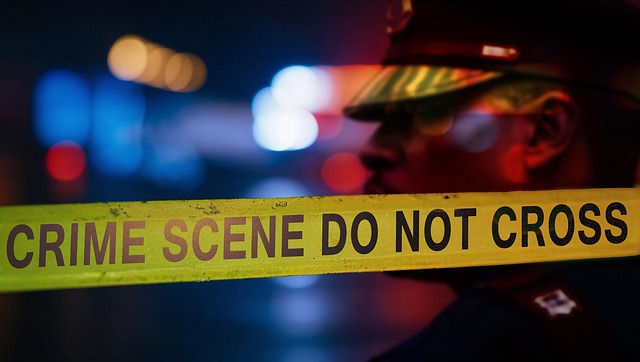
When facing public corruption charges, having a lawyer specialized in intellectual property disputes can be invaluable. These legal professionals are equipped to navigate complex legal landscapes, particularly in cases involving white-collar and economic crimes. Their expertise lies in understanding the intricate relationship between intellectual property rights and corruption, which is often at the heart of such cases.
An experienced lawyer for intellectual property disputes will employ an unprecedented track record of success in defending clients against corruption accusations. They strategically approach each case, considering the unique circumstances and aiming to protect their client’s interests. Through careful analysis, they can help uncover and present facts that may have otherwise gone unnoticed. Whether the dispute involves patents, trademarks, or copyrights, these lawyers possess the skills to represent clients in jury trials, ensuring a robust defense and a fair outcome.
Evidence and Prosecution Strategies in Public Corruption Cases

In public corruption cases, evidence collection and prosecution strategies require meticulous planning due to the often complex and sensitive nature of the allegations. Effective investigations necessitate a comprehensive approach, involving financial analysis, document review, and witness interviews. Lawyers for Intellectual Property Disputes or white-collar defense specialists play a crucial role in navigating these intricate matters. They employ various tactics throughout all stages of the investigative and enforcement process to protect clients’ rights and achieve extraordinary results.
Prosecutors must demonstrate a strong nexus between public officials’ actions and any corrupt behavior, utilizing tangible evidence such as recorded conversations, emails, or financial records. Strategic legal challenges, including motions to suppress evidence or dismiss charges, can significantly impact the case’s outcome. The goal is to ensure fairness while upholding the integrity of the system, especially considering the potential for overreach in public corruption prosecutions.
Preventive Measures and International Efforts Against Public Corruption
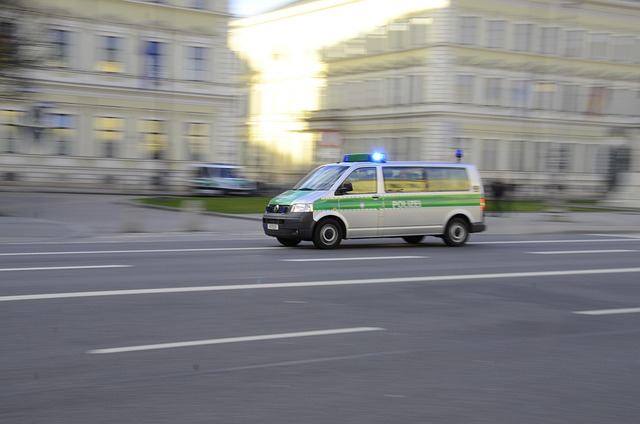
Preventive measures play a pivotal role in combating public corruption. Governments worldwide have recognized the need for robust strategies to fortify integrity within public institutions. These efforts encompass legal reforms, increased transparency, and strong oversight mechanisms. For instance, implementing strict ethical guidelines and mandatory disclosure of financial assets can deter corrupt practices. Additionally, fostering a culture of accountability and promoting ethical leadership within government bodies is essential.
International cooperation has been instrumental in the global fight against public corruption. Organizations like the OECD (Organization for Economic Co-operation and Development) offer guidelines and conventions to assist nations in strengthening their anti-corruption frameworks. These international efforts aim to harmonize standards, facilitate information sharing, and provide support to countries striving to uphold integrity in both the philanthropic and political communities. Moreover, specialized legal professionals, such as lawyers for intellectual property disputes or white-collar defense attorneys, contribute to these initiatives by offering expertise in crafting effective anti-corruption policies and prosecuting cases, ensuring justice for victims while also providing a shield for honest public servants.
Public corruption is a complex global issue, and understanding its various facets is crucial. From defining and prosecuting offenses to implementing preventive measures, this article has explored critical aspects of public corruption charges. As we’ve seen, intellectual property disputes related to corruption present unique challenges, making the role of a specialized lawyer for intellectual property disputes invaluable. By strengthening legal frameworks, enhancing evidence gathering techniques, and fostering international cooperation, we can continue to navigate these intricate cases effectively. Ultimately, addressing public corruption is essential for creating transparent and just societies worldwide.

